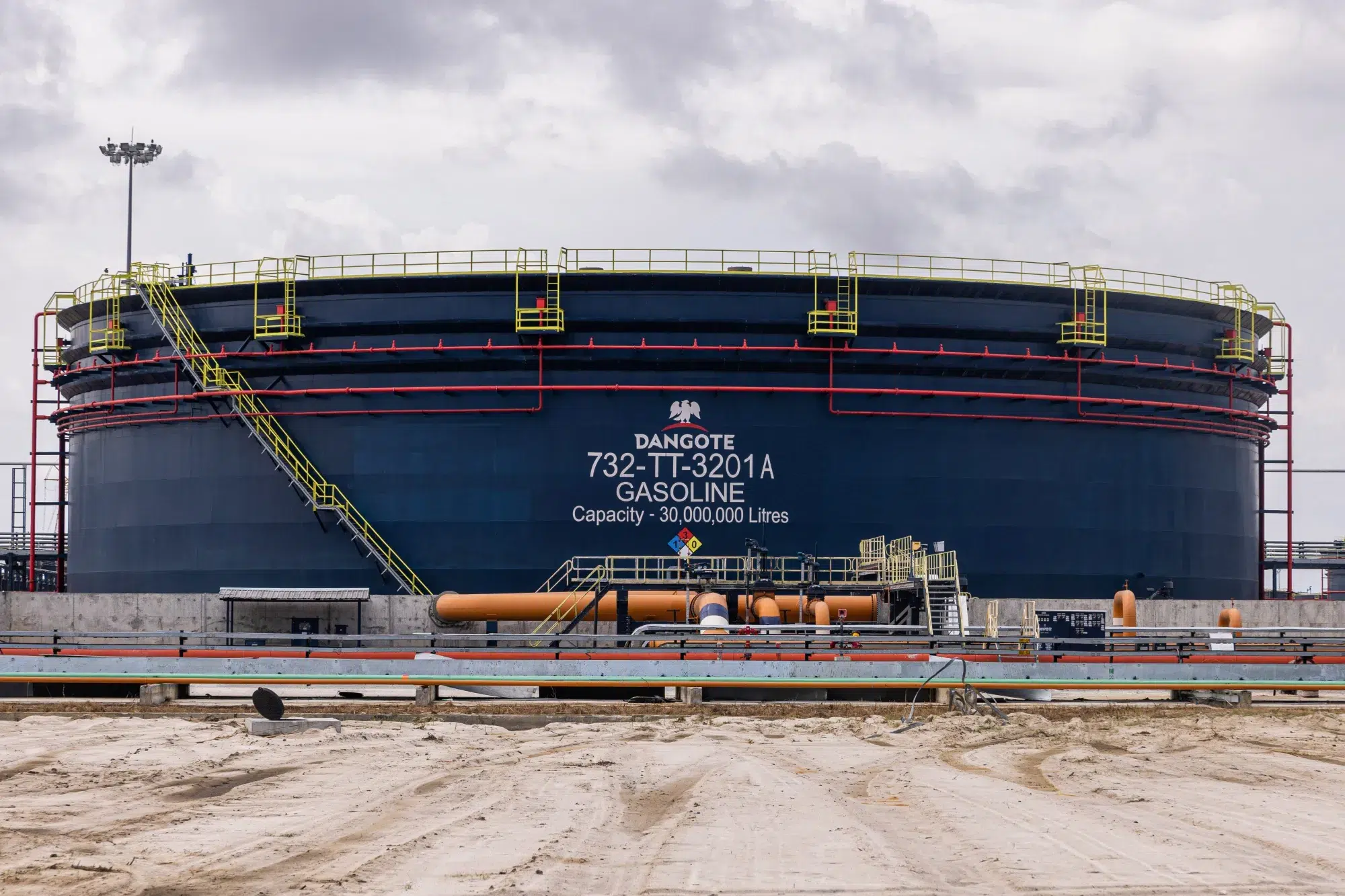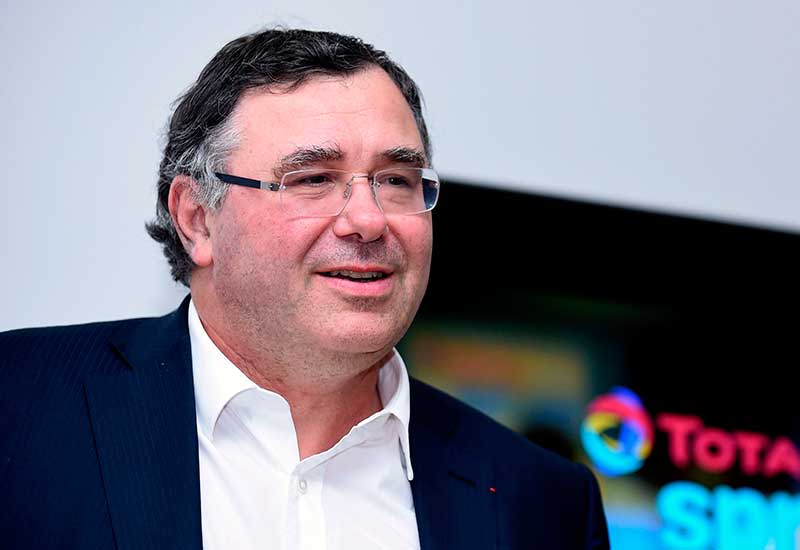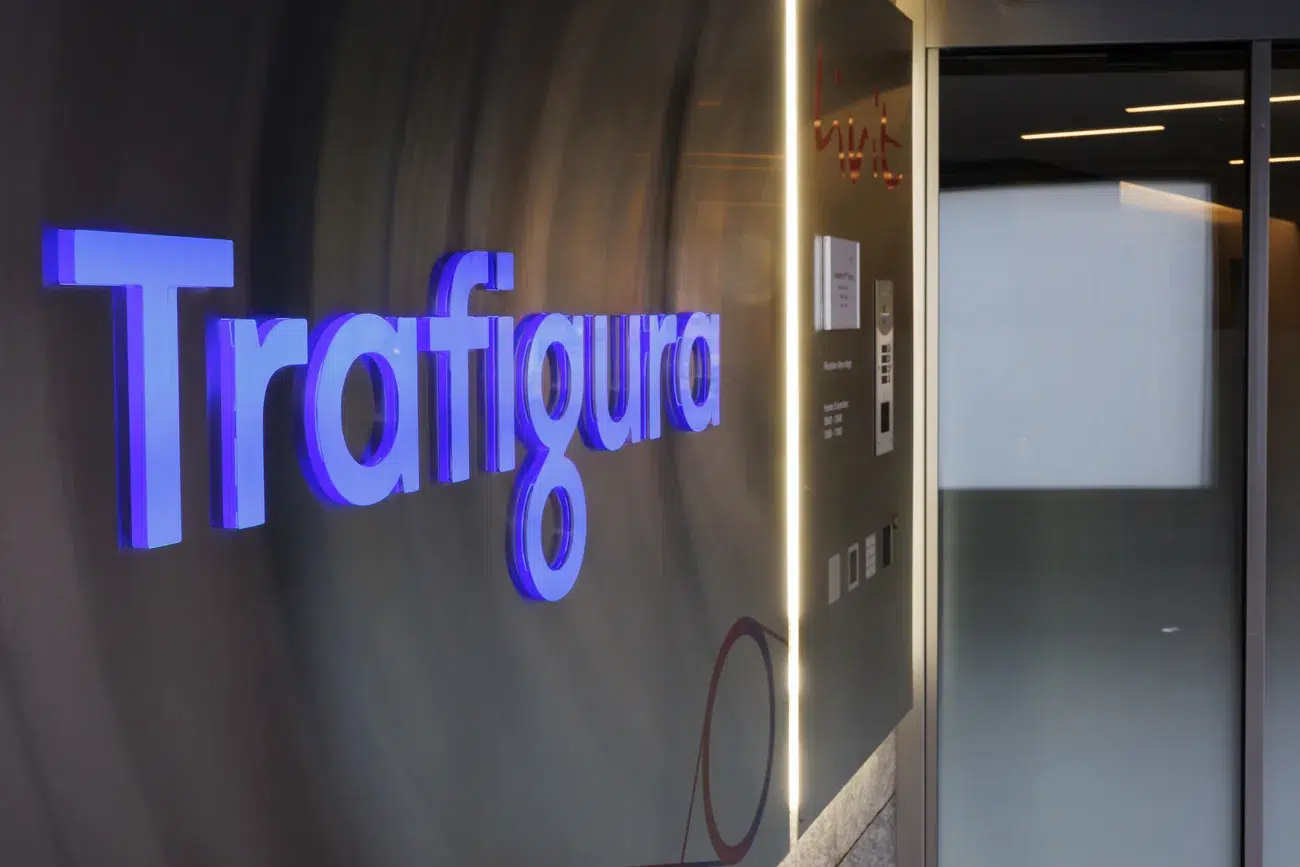North African country, Libya, has officially launched its first oil and gas licensing round in 18 years, offering 22 new offshore and onshore blocks to global energy companies.
The exercise, for which results are scheduled for November, marks the country’s most significant move to revive its oil industry following years of political instability.
Masoud Suleman, Chairman of the National Oil Corporation (NOC), told Bloomberg that 37 international companies, including ExxonMobil, Chevron, TotalEnergies, and Eni, have expressed keen interest in bidding for the forthcoming
“Virtually all international oil and gas firms are competing in the licensing round, which comprises 22 new onshore and offshore blocks,” Suleiman said.
Strategic offerings
The bidding round covers 11 offshore and 11 onshore blocks, including areas with undeveloped discoveries.
Suleiman disclosed further details, explaining that successful companies will be responsible for the costs of seismic surveys and other exploratory activities.
These costs may be reimbursed should commercially viable quantities of hydrocarbons be discovered.
The NOC plans to offer production sharing agreements to successful bidders, with contracts expected to be signed by year-end.
The NOC estimates that Libya holds approximately 91 billion barrels of oil equivalent in undiscovered oil and gas resources, underscoring the high stakes of the tender process.
Put differently, Libya holds 40% of Africa’s reserves, most of which are concentrated offshore.
Ambitious production goals
Libya, currently producing 1.3 million barrels per day (bpd), aims to raise output to 2 million bpd over the next three years, provided funding and infrastructure align with its goals.
Suleiman says NOC is awaiting approval of a $3 billion development budget aimed at increasing oil production to 1.6 million barrels per day within the next one year.
When he took office in February, the NOC boss had set an ambitious plan to increase the country’s oil production to 2 million barrels per day within the next three years.
The budget, he says, will be allocated to develop companies such as Akakus, operator of the Sharara oil field, as well as other state-owned enterprises.
He also noted that development of the North Jalu field would enable Waha Oil Company to raise its daily output by an additional 100,000 barrels.
Return of foreign players and post-war revival
Moroever, this is Libya’s first international licensing round since 2007, and the first since the 2011 civil war that eventually ousted Muammar Gaddafi.
The return of big oil players like BP, Eni, and Weatherford signals renewed investor confidence in Libya’s upstream sector.
In a recent milestone, Eni resumed drilling in the Ghadames Basin last October, partnering with BP and the Libyan Investment Authority.
U.S. services firm Weatherford also resumed operations in Libya earlier this year after a decade-long hiatus.
Similarly, OMV and Repsol resumed exploration activities in 2024 after years of inactivity.
The licensing round is indeed another golden opportunity for Libya to reset its oil industry after years of struggling to attract consistent investment due security and governance concerns.









